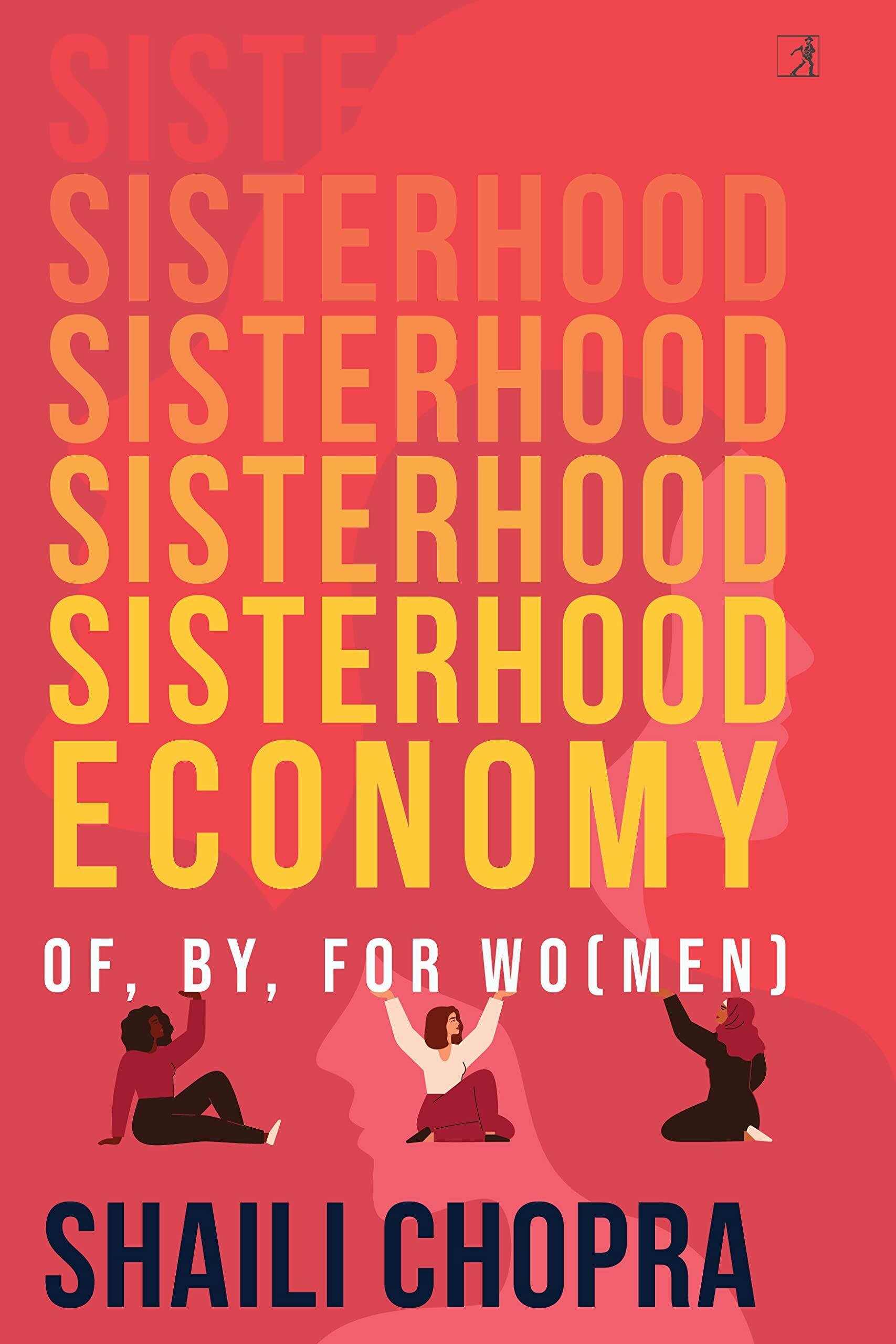A spotlight on real issues
In the book ‘Sisterhood Economy Of, By, For Wo(men)’, Shaili Chopra tells untold stories about common women from different walks of life in an emphatic, non-judgemental tone — thus forming a bedrock for substantial change

Indian women are almost 50 per cent of India's population. As a ratio of the world's popula-tion, that is 9 per cent. To give you an idea, women in India are three times the size of Brazil, five times the size of Japan and twice the size of the United States of America. We women are not a number, we are a force. And not enough people are telling us this. We aren't tell-ing ourselves this enough.
Journalist-turned-entrepreneur Shaili Chopra's Sisterhood Economy Of, By, For Wo(men) is a book that not only strikes a chord but provides much food for thought. In the book, Chopra shines a light on stories that are often absent from front page news. The 'real' stories of eve-ryday women across the country (across classes, castes, cities, ages) as they navigate the per-sonal and professional space, their triumphs and losses and the battles they fight along the way to fuel their dreams, the shackles that tie them down and prevent them from flying high(er). Stories about singlehood, arranged marriages, extended families, parenting, house-work, casteism, sexual pleasure among others. In a lucid and engaging manner, Chopra asks interesting, unusual but pertinent questions — Can the mother-in-law trigger change in a country's GDP? What is beauty parlour economics? Why are single women rocking it?
"As per consulting firm McKinsey, the country could add up to $770 billion – more than 18 % - to its GDP by 2025, simply by giving equal opportunities to women."
The chapter titles are intriguing — Bechari, Badass or Bitch, Curse of the Saasu Ma, A Healthy Girl, Beauty Parlour Economics; and Chopra's empathetic, non-judgmental, free-from-moralizing tone doesn't get in the way of holding up the real issues against scrutiny. As Chopra indicates, until and unless we women are aware of these stories, of our own (often hidden) potential, we cannot push for change. And the best part about this book is that even the numbers tell a story.
The book concludes with a chapter on the power of sisterhood, and how men can be power-ful allies by making sure that stereotypes do not get perpetuated. In Chopra's words, the so-lution is simple. We can catapult into a superpower by treating our women better. A gen-dered lens in policymaking and civil society efforts is the need of the hour.
Views expressed are personal




